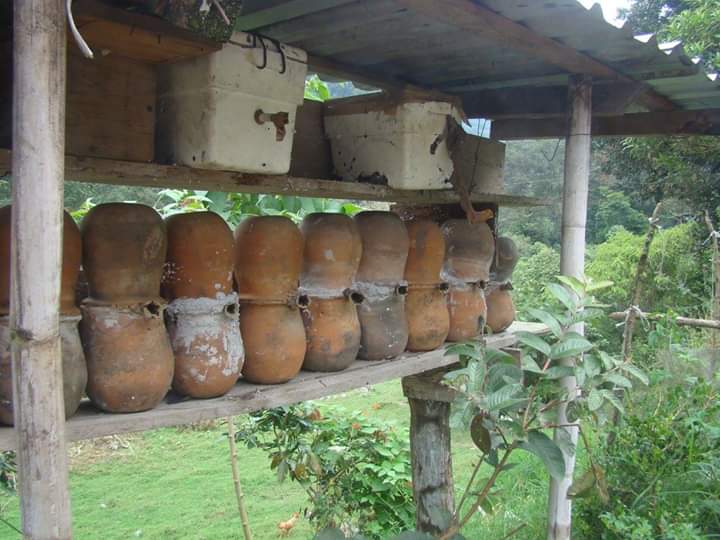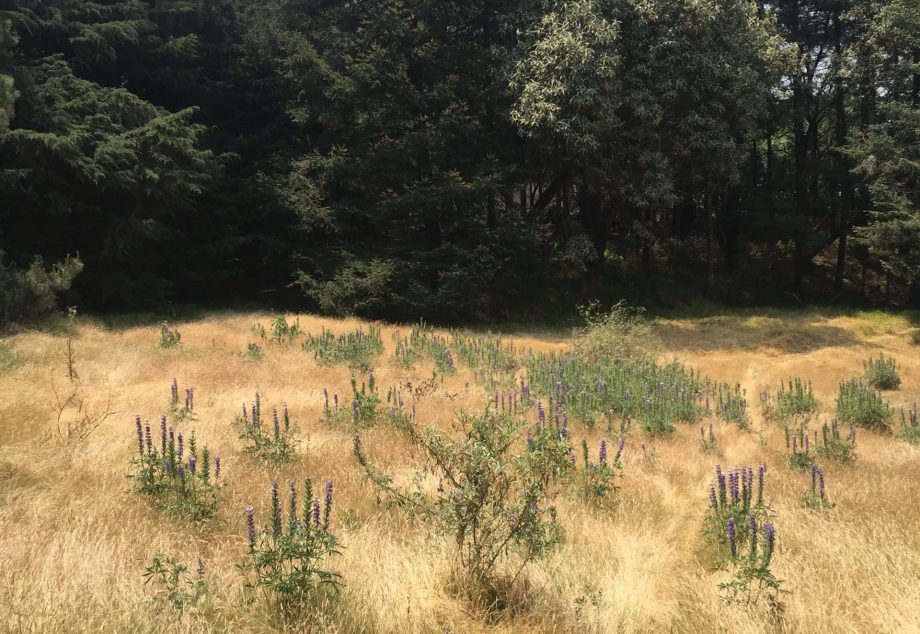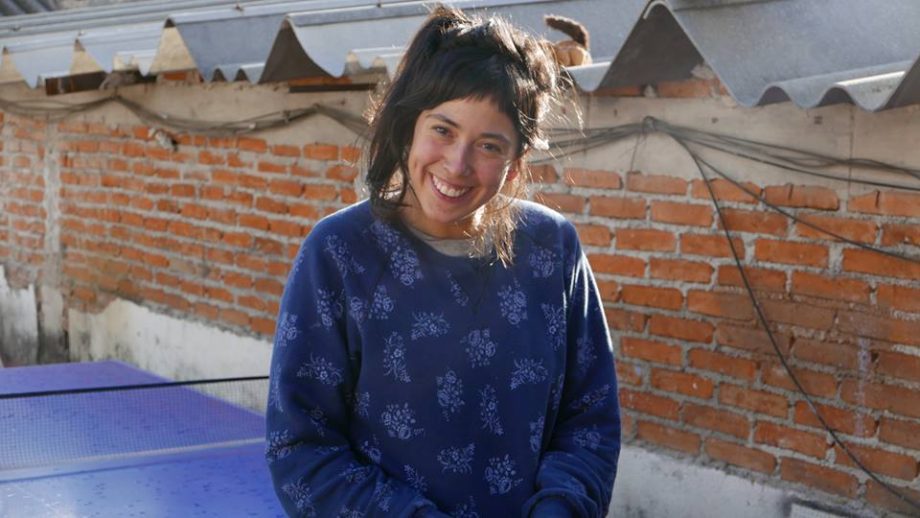Waysatta Fernandez
Dominga... Pollination narratives
Ciudad de México, Mexico · Visual Arts
Waysatta Fernandez was awarded the 2020 Afield mentorship with the project Dominga… Pollination narratives in the town of Santa Rosa Xochiac in Mexico to work with 2016 Fellow Fernando García-Dory.
Born from conversations with beekeeping communities, her initiative Dominga… Pollination narratives is to build an apiary in Santa Rosa Xochiac near Mexico City for the breeding of a Latin American endemic bee in danger of extinction, with an investigation into the endemic plants of the area and a conservation program of the local flora.
She seeks to work with the community to recover the memory of an agricultural ethos that is being lost. She intends to form an assembly of local producers to initiate organizational processes around local knowledge, by oral tradition, fostering the reunification of a community previously united by agricultural practices. The talks will be accompanied by the presence of other beekeeping communities that have participated in the defense of their territories from the industrialization of life. The conversations, guided by the Narrative Practices tools will be material for the creation of collective podcasts that can be broadcast on communitarian radio. She envisions to provoke a different relationship with the territory based on the community through resonances and contagion.
In 2020, she was mentored for 18 months by 2016 Afield Fellow Fernando García-Dory, who has been a reference for her on how to intersect artistic practices with socio-environmental concerns, to deepen dialogues on ways of experimenting with specific communities and on how to broaden the impact of these actions to a larger ecosystem. The aim was to look for other experiences and perspectives to learn from and to add tools that can be used and modified locally.

Reference of the beehives that will be built in Santa Rosa Xochiac. 2020 Photo courtesy of Miel Quetzali.

Recognition and documentation of local plants. Santa Rosa Xochiac, CDMX, 2020.
Waysatta Fernández (Mexico, 1983) is an artist, who in 2011 abandoned individual art making in favor of collaborative processes such as an assembly, a library or a radio station. She co-founded Crater Invertido Cooperativa to build collective projects where artistic practices are intertwined with social and political processes. This collective has been part of Arts Collaboratory since 2012.
Currently, she is interested in improving specific environmental conflicts and reducing the fragmentation of community organization in her local ecosystem caused by violence derived from capitalist, colonial and patriarchal logics.

Waysatta Fernandez AFIELD Peer 2020. Courtesy the artist.

